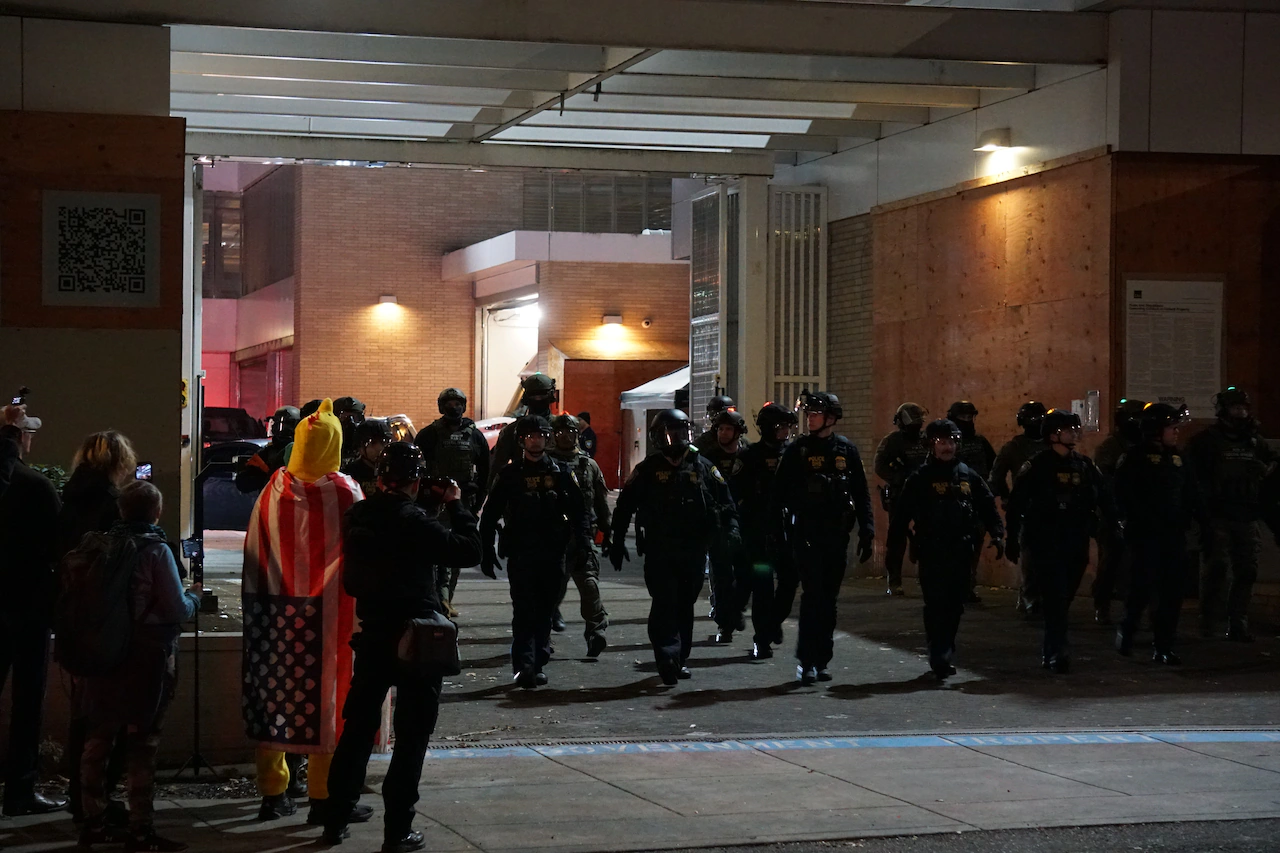Copyright Hartford Courant

As people across the country set the clocks back this weekend, a UConn Health doctor is stressing the importance of getting enough sleep and warning that insufficient sleep is linked to increases in risk of heart disease and dementia. “If you look at people over time, they have been getting more and more insufficient sleep and the literature has been providing more and more evidence how this can be detrimental,” said Dr. Jennifer Papa Kanaan, associate professor of medicine at UConn Health. “One study noted a 20% increase of a heart attack for those patients sleeping less than six hours a night. Pretty dramatic.” A Gallup poll found that 57% said they would feel better if they got more sleep while 42% say they are getting as much sleep as they need. Studies Medical studies over the years have highlighted the importance of ample sleep in overall health. An American Cancer Society study published in July 2023 found that “short nights and total sleep duration were associated with a high risk of cancer incidence in middle-aged and elderly Chinese population, with implications for early effective cancer prevention.” In another study of 307 youth from “a diverse population across the United States whose health data was documented from birth into adulthood,” researchers at Stony Brook University found that “earlier sleep timing, more efficient sleep and less variable sleep during adolescence predicted better young adult cardiovascular health.” A third study published this month in JAMA Network Open found in “88,905 adults aged older than 40 years” exposed to brighter light at night was “associated with higher risks of coronary artery disease, myocardial infarction, heart failure, atrial fibrillation and stroke, independent of established cardiovascular risk factors.” Insufficient sleep and its effect on the heart Dr. Peter Schulman, professor of medicine in cardiology at UConn Health, said sleep deprivation raises the level of inflammation in the body. “All the stress hormones are elevated when you are sleep deprived,” Schulman explained, adding that it causes the heart to work harder, making it more prone to rhythm disturbances and heart attacks. Schulman continued: “During healthy sleep, your blood pressure goes down, your heart rate goes down and adrenaline levels go down. It rests the heart and reduces the stress on the heart. When you don’t have those periods of rest, you have greater stress on the heart in terms of adrenaline levels.” Sleep apnea, a sleep disorder associated with obesity and excessive alcohol, can trigger abnormal rhythms called atrial fibrillation, which can cause strokes, Schulman said. What is considered sufficient sleep? Kanaan said that the amount of sleep people need varies by age, with teens needing more sleep than adults. “The average for adults is six to eight hours,” said Kanaan. “We recommend to patients that they try to find a sweet spot between six and a half and eight hours, waking up without the use of alarm clocks and not waking up tired.” Kanaan said it is important for people to have a wind down routine before bed, powering down all devices an hour before bedtime. “The screen emits a blue wavelength of light that alters your internal clock,” she said. She added it is also important to limit caffeine and stop drinking it after noon, avoiding alcohol and keeping your bedroom cool, comfortable and quiet. “We recommend avoiding naps that can impact your ability to sleep all the way through the night,” she said. She added if you are having trouble initiating or maintaining sleep after 20 minutes of lying in bed, it is important to get up and do something boring. “We want your brain to associate the bed with sleeping,” she said. Kanaan said for those who are finding that their sleep is fragmented such as waking up gasping for air or feeling a creepy crawly sensation on the legs, it is important to see a doctor to be tested for a sleep disorder.



